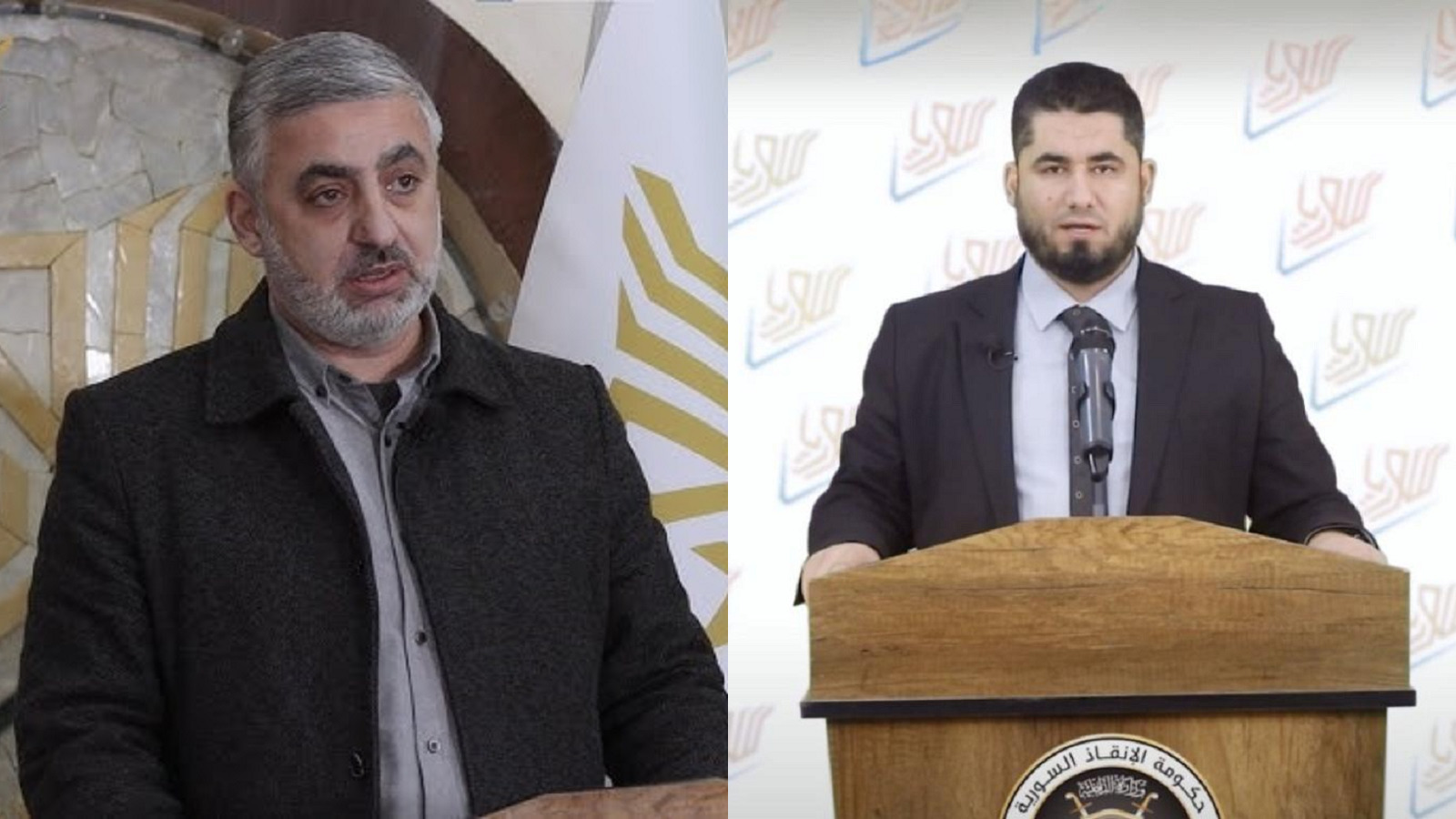Syria’s Caretaker Government Reshuffles Cabinet To Bolster Transition Efforts
Ali Abdulrahman Keda replaces Mohammad Abdul Rahman at the Interior Ministry as part of a strategy to strengthen Syria’s transitional government following the Assad regime’s fall
In its first major reshuffle, Syrian Prime Minister Mohammed al-Bashir dismissed Interior Minister Mohammad Abdul Rahman, replacing him with Ali Abdulrahman Keda. The move is seen as a bid to improve the efficiency of the transitional caretaker government, established after the fall of the Assad regime last month.
Keda, a 1973-born native of Idlib, brings a diverse background as an electrical engineer and graduate of the Syrian Military Academy. He defected from the Assad regime in 2012 and later became instrumental in managing local councils in northern Syria. Keda previously served as deputy interior minister and later led the Salvation Government, an unrecognized quasi-state formed in 2017 by Hay’at Tahrir al-Sham (HTS) and other opposition groups during the Syrian civil war. Keda underwent intensive English-language training at Aleppo University and participated in an academic exchange program in China. He is also a former regime detainee, imprisoned for several months.
A source from HTS described Keda as one of its trusted figures, closely involved in shaping policies for the new administration. He has been frequently seen alongside HTS leader Ahmed al-Sharaa, also known as Abu Mohammad al-Julani, during significant public events and meetings, including the General Shura Council sessions.
The reshuffle also saw Abdul Rahman, the outgoing interior minister, appointed as the governor of Idlib. While critics argue that these appointments cement HTS’s influence over the new administration, others see them as a pragmatic approach to ensuring government cohesion during a critical transitional phase.
Give the gift of hope
We practice what we preach:
accurate, fearless journalism. But we can't do it alone.
- On the ground in Gaza, Syria, Israel, Egypt, Pakistan, and more
- Our program trained more than 100 journalists
- Calling out fake news and reporting real facts
- On the ground in Gaza, Syria, Israel, Egypt, Pakistan, and more
- Our program trained more than 100 journalists
- Calling out fake news and reporting real facts
Join us.
Support The Media Line. Save democracy.


These appointments are essential to ensure loyalty to the new administration, particularly during this delicate phase
Syrian journalist Khalaf Mohammad noted that loyalty to the new administration is essential during this delicate period. “These appointments are essential to ensure loyalty to the new administration, particularly during this delicate phase, to prevent infiltrations by remnants of the previous regime that could sabotage the government’s operations,” he told The Media Line.
Another journalist, Bilal Khalaf, viewed the reshuffle as evidence of the government’s willingness to correct its course. He suggested that the new interior minister might be more suited to the role, while Abdul Rahman could excel in his new position as governor.
The current phase is extremely sensitive and requires the cooperation of all active Syrians
Although the government has not disclosed the reasons for Abdul Rahman’s dismissal, political analyst Wael Al-Khalidi believes the move aims to address administrative challenges. Speaking to The Media Line from Damascus, he highlighted the importance of national unity, saying, “The current phase is extremely sensitive and requires the cooperation of all active Syrians.” Al-Khalidi also praised recent international diplomatic visits to Syria, calling them a sign of the country’s potential return to regional and global prominence.
Since al-Bashir’s appointment to form a new government on December 9, 2024, several key political and security figures have been named to help steer the country through its interim period. The government faces daunting challenges, including an economic crisis fueled by US and European sanctions, widespread destruction in rural areas, and unreliable access to basic services like electricity. Major cities such as Damascus receive electricity for only four hours a day, with rural areas faring even worse.
As Syria navigates its post-Assad future, the caretaker government’s decisions and international engagement will be pivotal in shaping its path forward.

